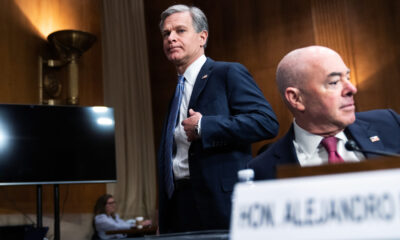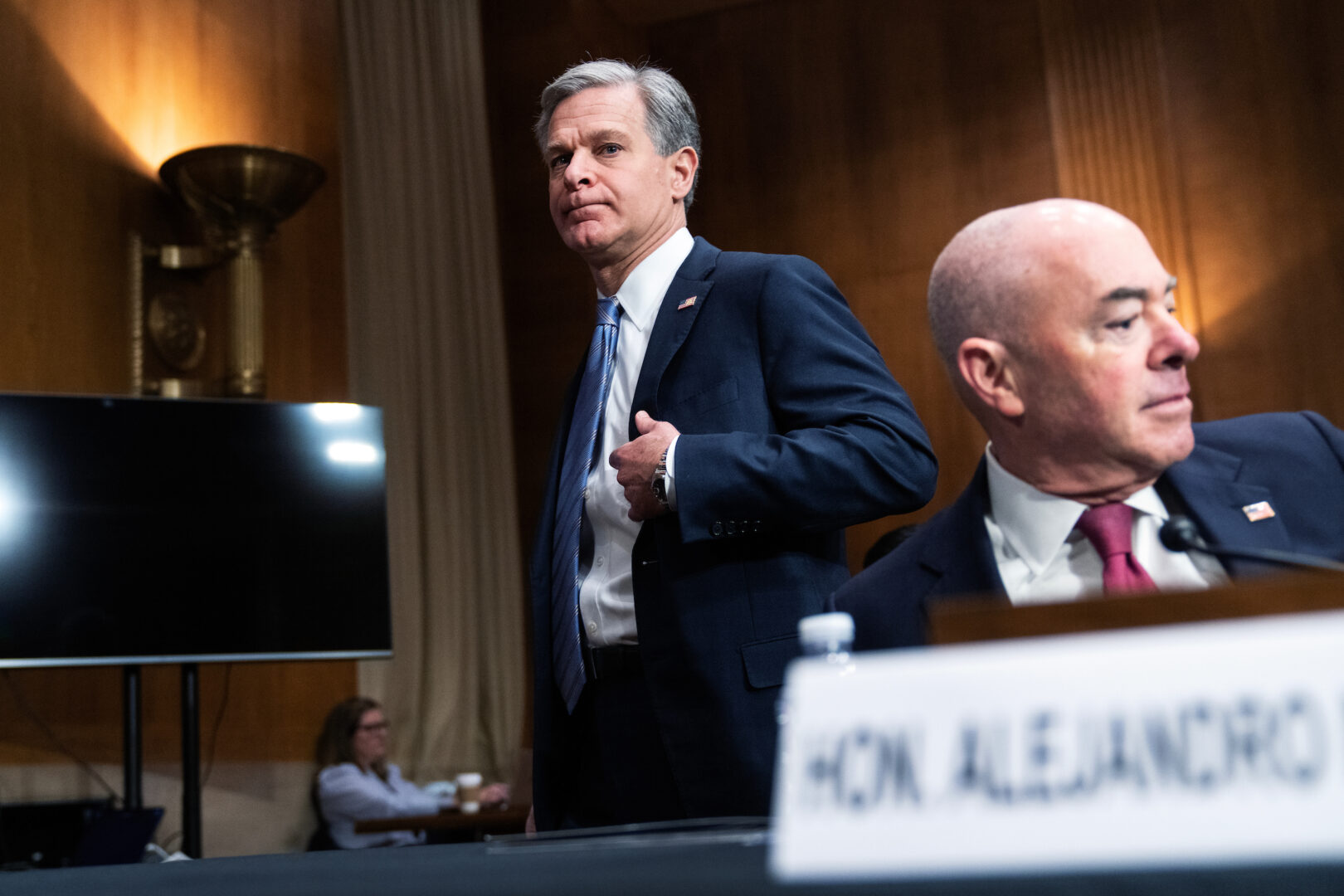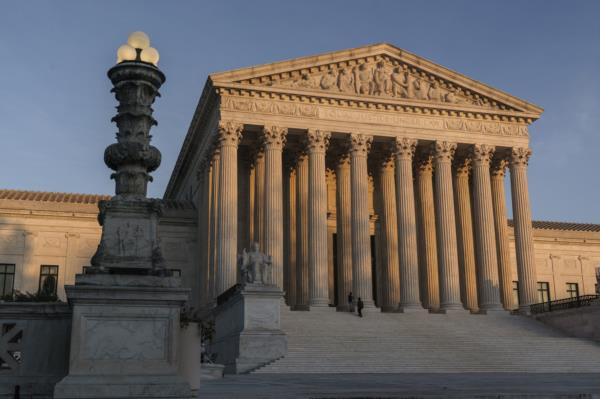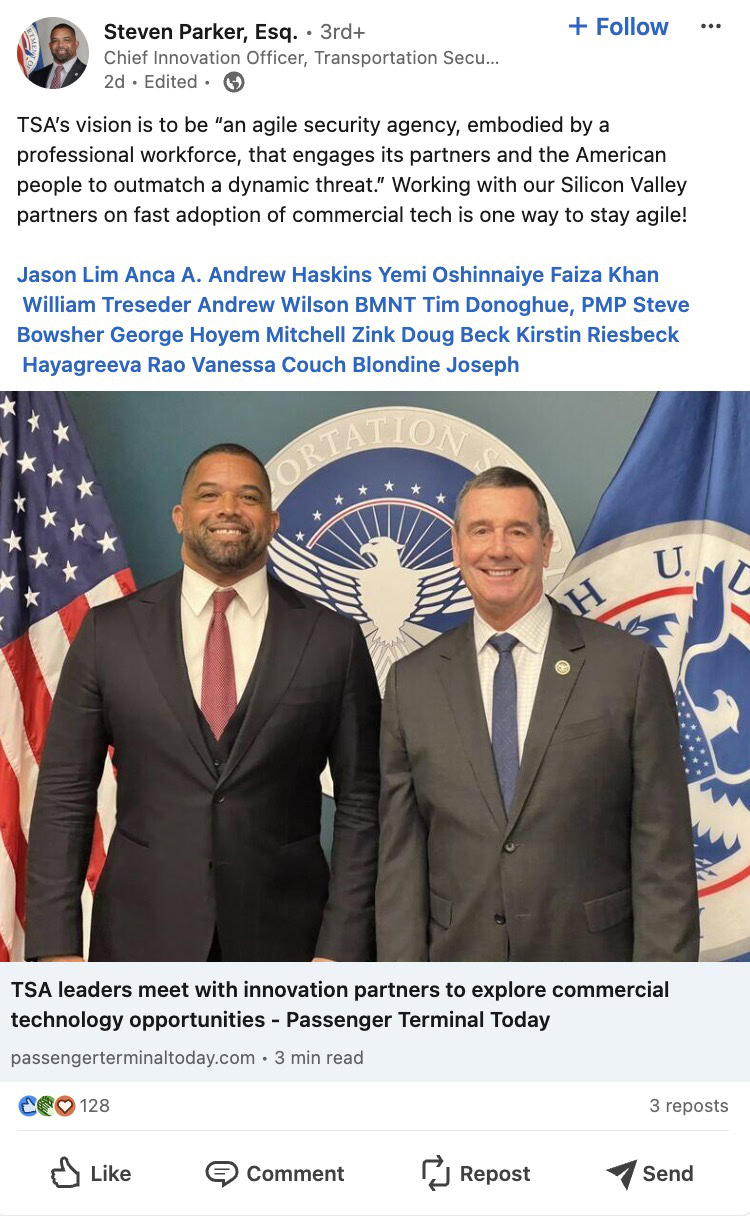The Supreme Court has announced it will review a legal challenge against a Texas statute mandating digital ID verification for any websites and apps that could be deemed “harmful to minors.” While the law is typically associated with pornographic material, the broad term “harmful to minors” could apply to a wide range of websites, preventing users from accessing content without first uploading their ID.
This legal battle revolves around Texas’ age verification bill, introduced in 2023. The law also requires these sites to present health warnings about the alleged psychological dangers of pornography consumption. Notably, this labeling requirement does not yet extend to search engines or social media platforms.
Websites that fail to comply with the law face steep fines, including daily civil penalties of up to $10,000 and potential fines from the Texas attorney general of up to $250,000 per instance if a minor accesses restricted content. Similar laws are currently active in seven other states and are set to be introduced in more states soon.
The Free Speech Coalition, along with several adult website operators, filed a lawsuit against the bill. Their argument is that the law infringes on First Amendment rights. A federal district court initially halted the law’s enforcement just before its implementation on September 1, 2023.
Mandatory digital ID requirements for website and social media use raise significant concerns about the chilling effect on free speech. These requirements can deter online participation due to privacy fears and undermine the anonymity vital for activists and whistleblowers. Such policies may also lead to self-censorship, as users might avoid sharing controversial opinions out of fear of being easily traced. Additionally, implementing digital IDs poses complex legal, technical, and logistical challenges that could result in bureaucratic errors and data breaches. The major Big Tech ID verification company AU10TIX was recently reported to have suffered a data leak, though the company says it hasn’t seen evidence of any user data being exploited.
The majority of the panel at the US Court of Appeals for the 5th Circuit concluded that the Texas law is “rationally related to the government’s legitimate interest in preventing minors’ access to pornography,” using the least stringent rational-basis review standard, and thus did not violate the First Amendment. In contrast, Judge Patrick Higginbotham dissented, arguing that the law necessitates strict scrutiny due to its content-based restrictions on adult access to protected speech.
As the 5th Circuit allowed its decision to stand, the Free Speech Coalition and the affected websites escalated the matter to the Supreme Court. Their appeal emphasized the contradiction between the 5th Circuit’s decision and established Supreme Court precedents regarding sexual content and expression. They argue that the law unduly burdens adults’ constitutional rights by requiring the disclosure of personal information, thus increasing the risk of data breaches and privacy violations.
Texas officials defend the legislation, asserting it as a reasonable measure to protect minors from sexually explicit materials and not an undue burden on the porn industry.
As the Supreme Court prepares to review the case, the decision will have significant implications for digital privacy, free speech, and the regulation of online content across the United States.




































You must be logged in to post a comment Login